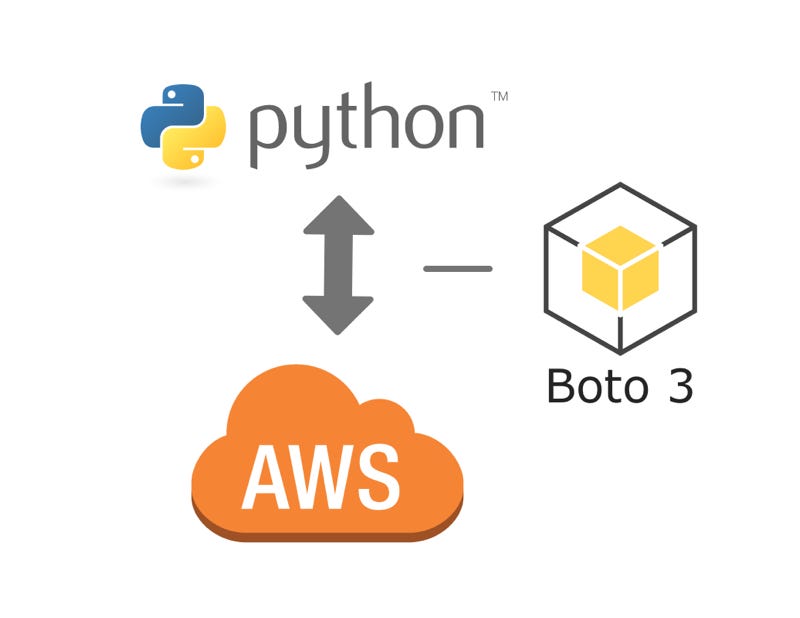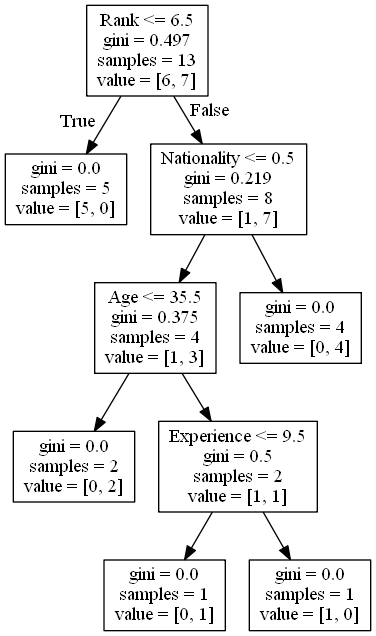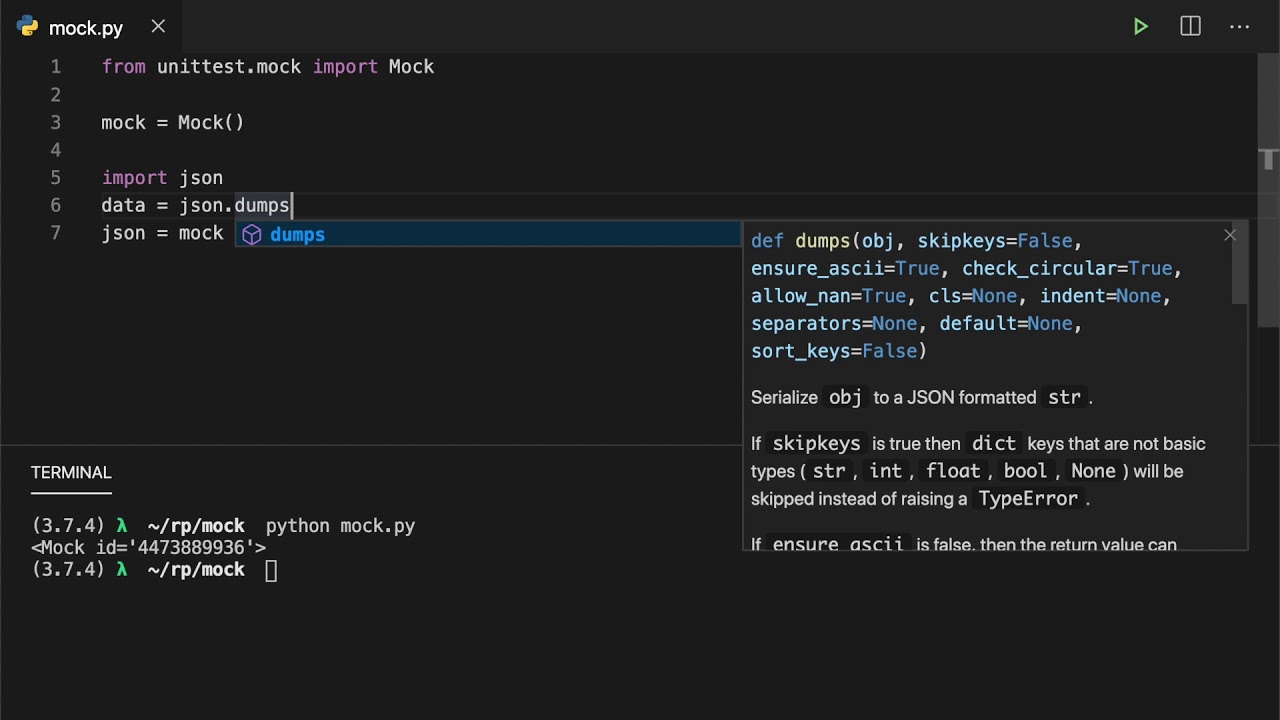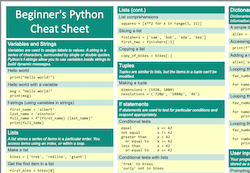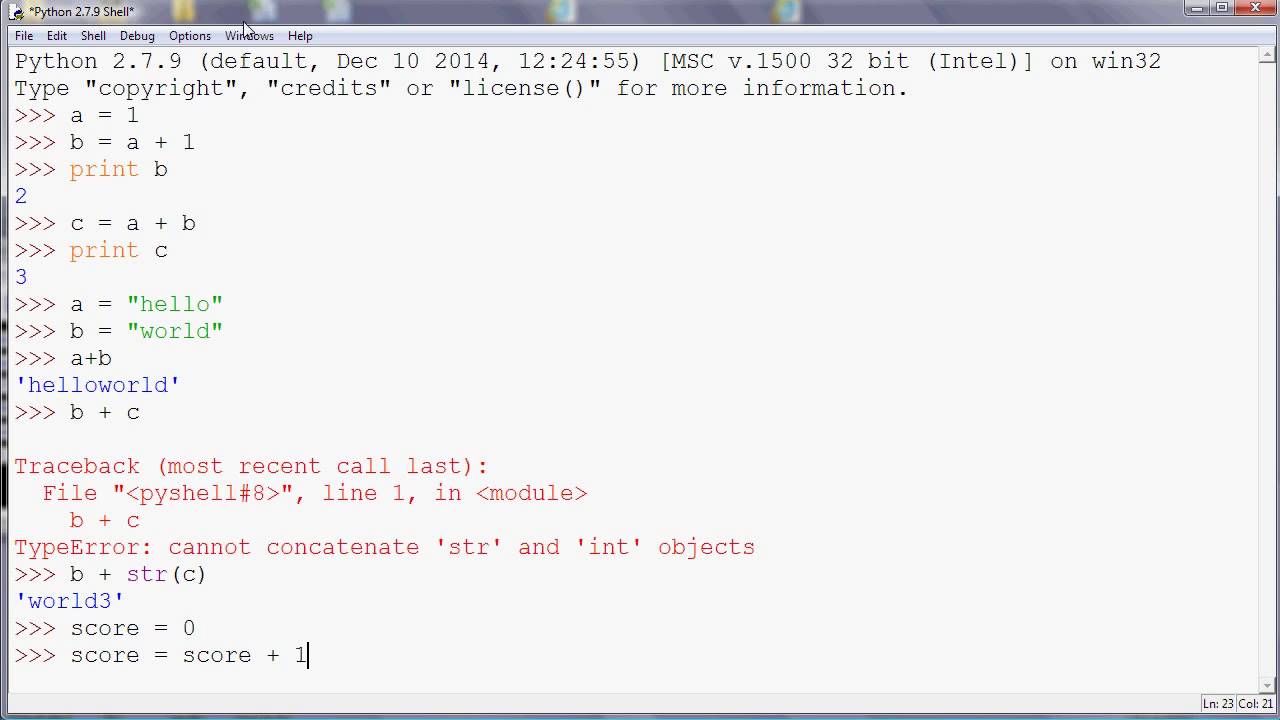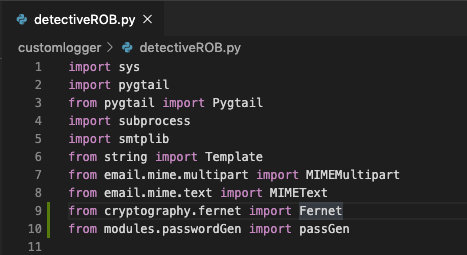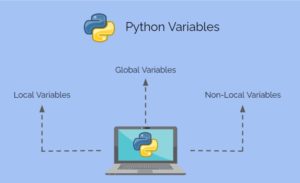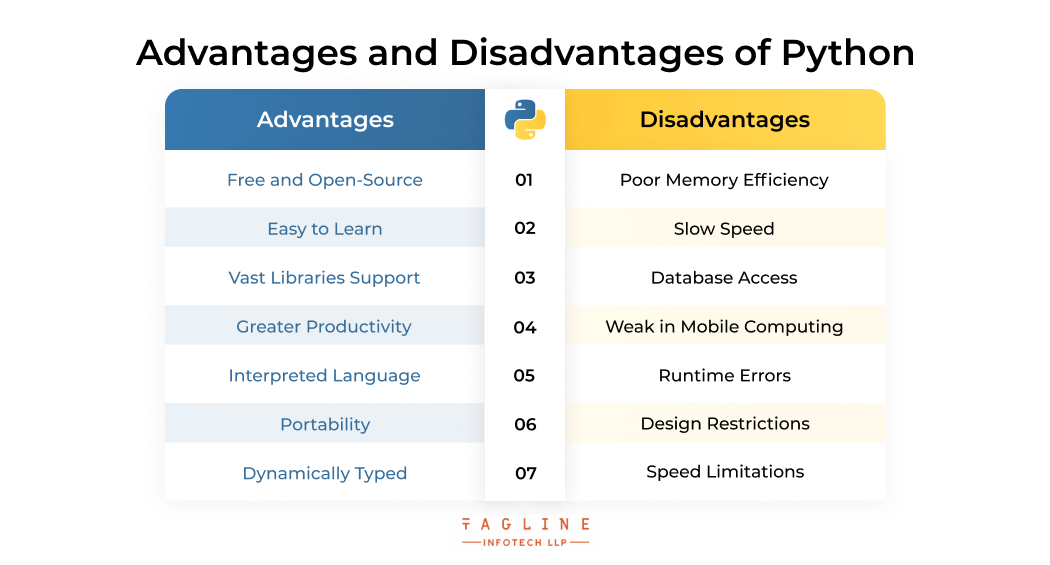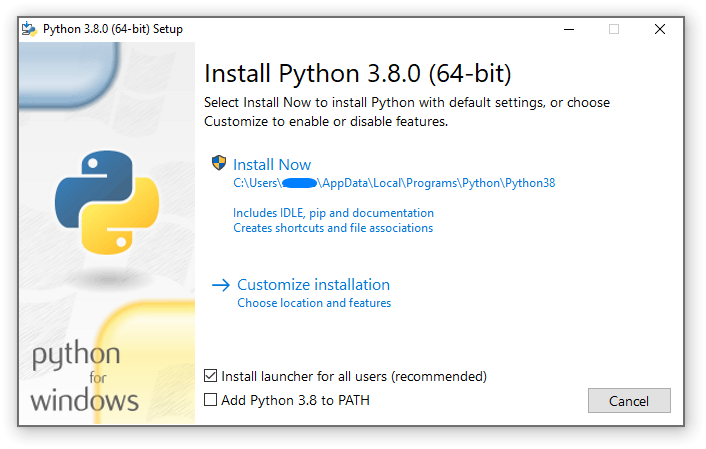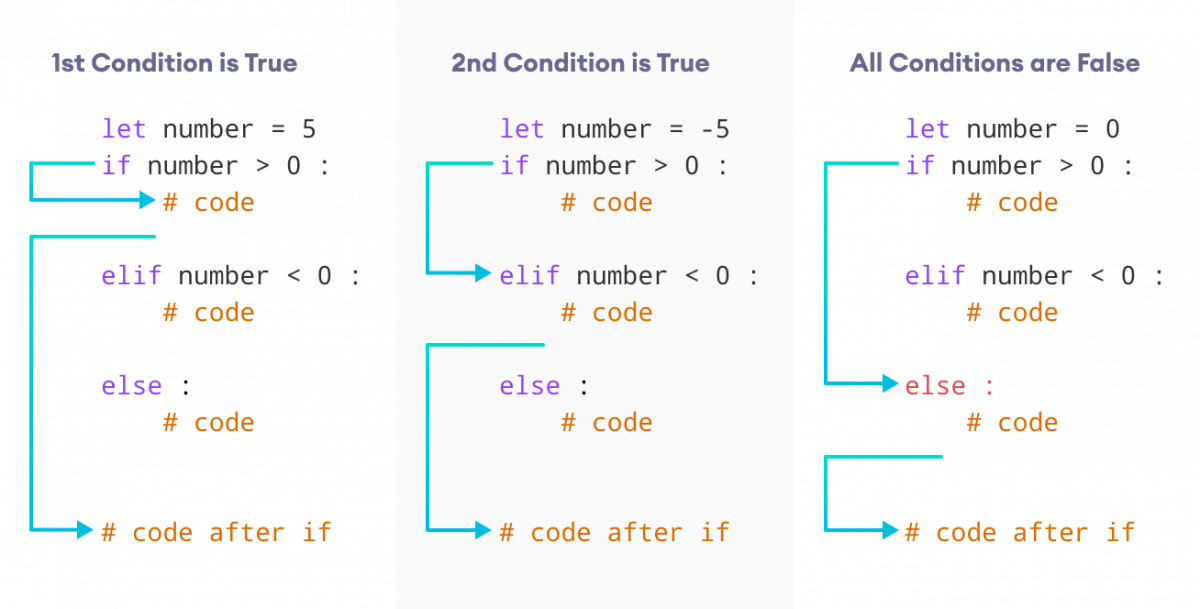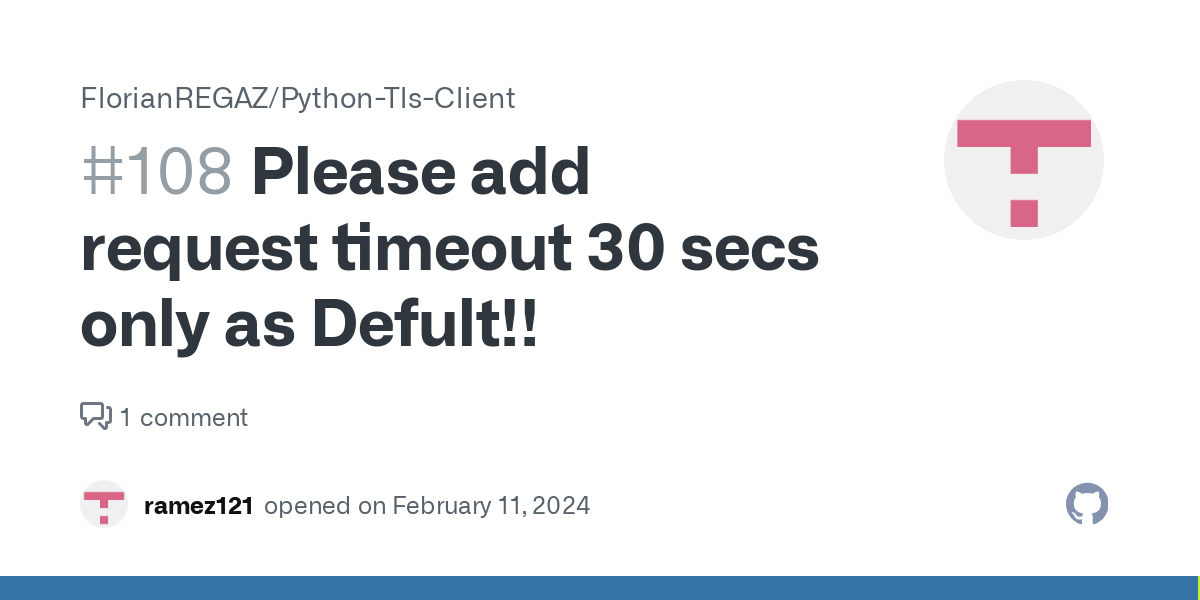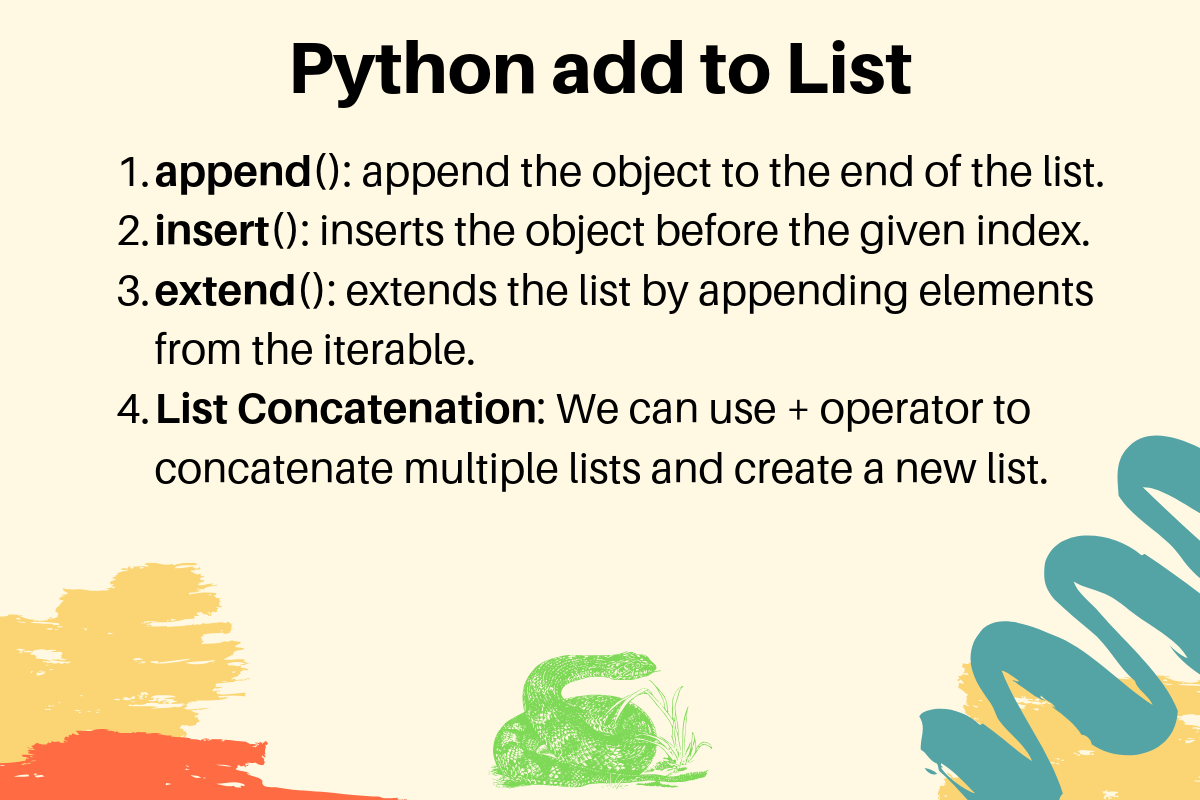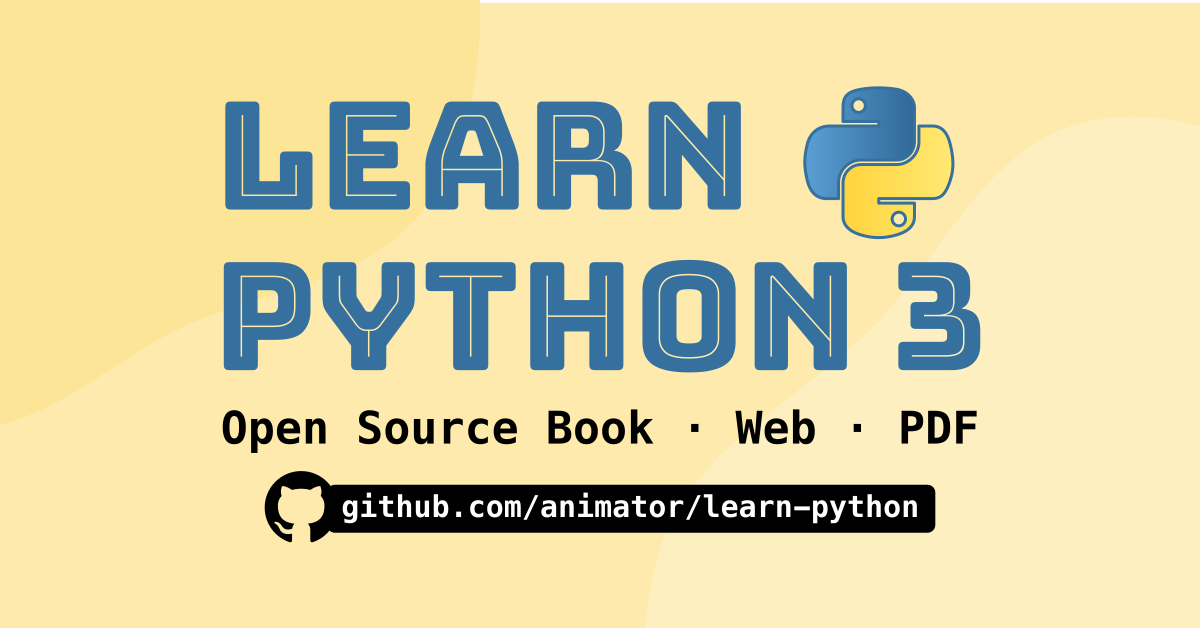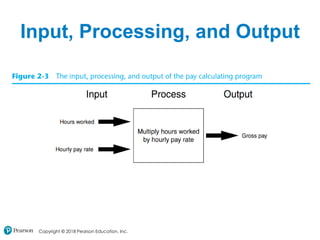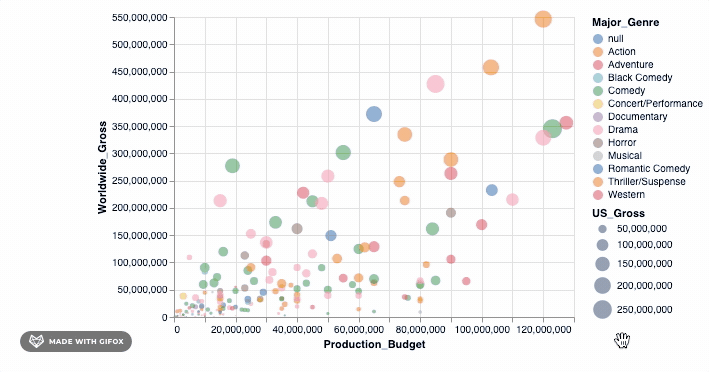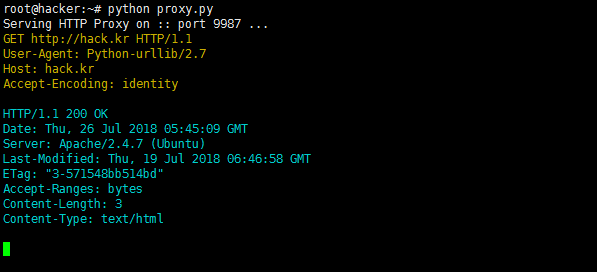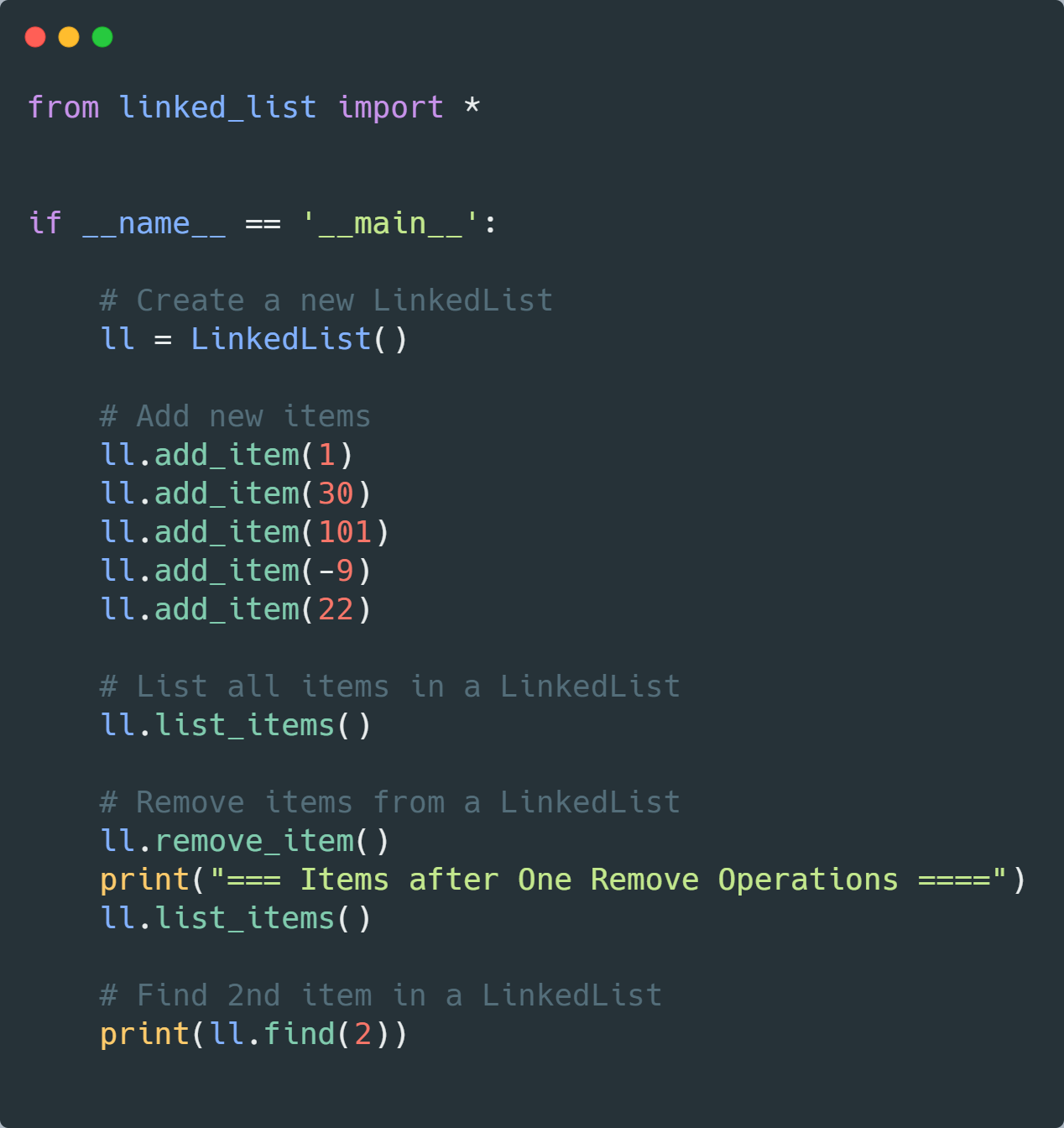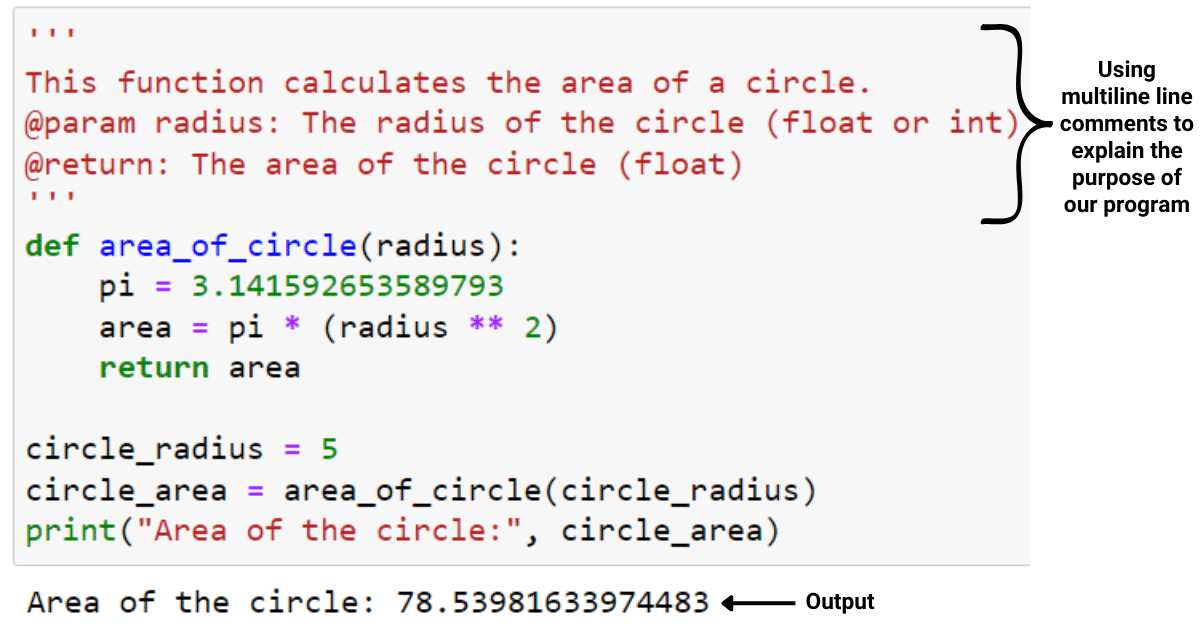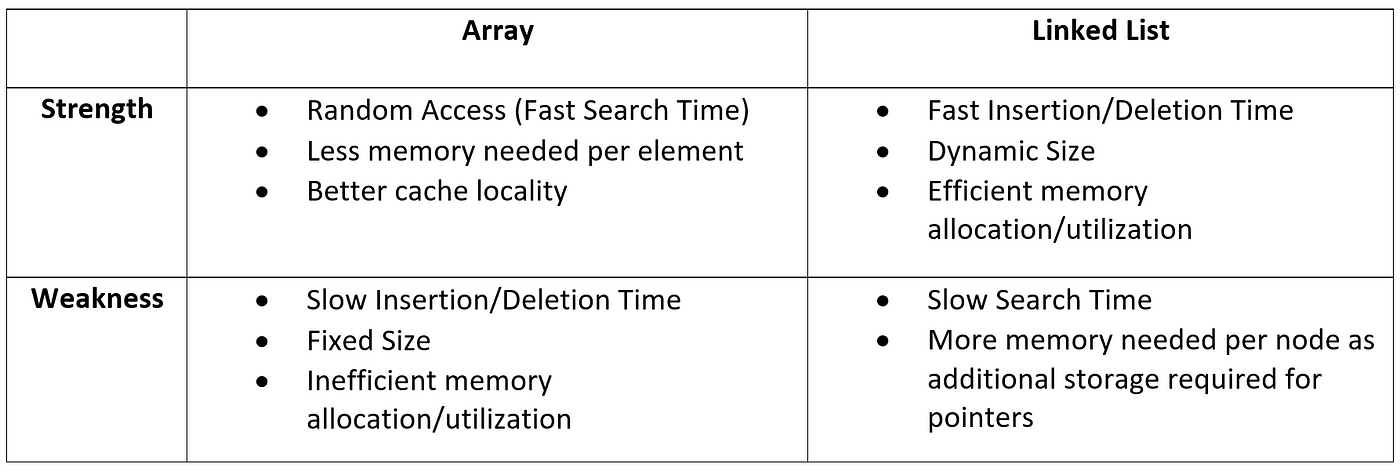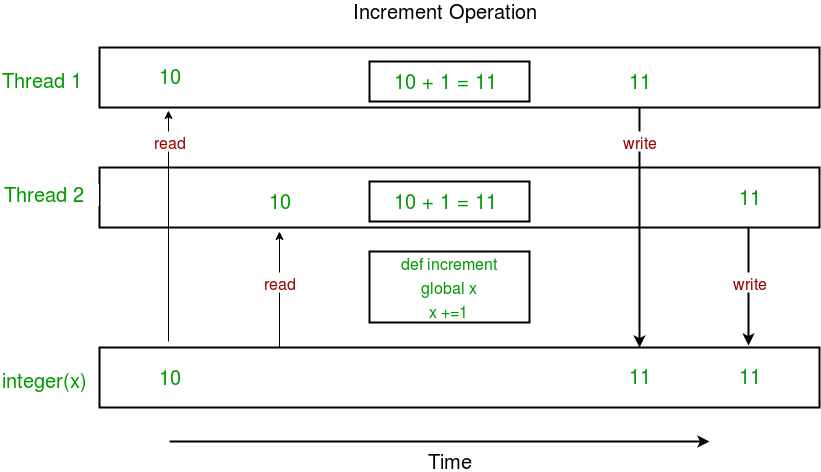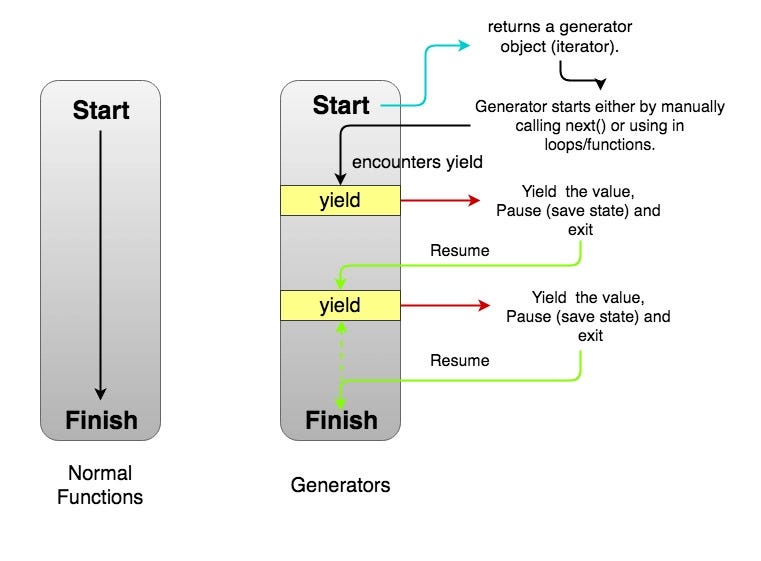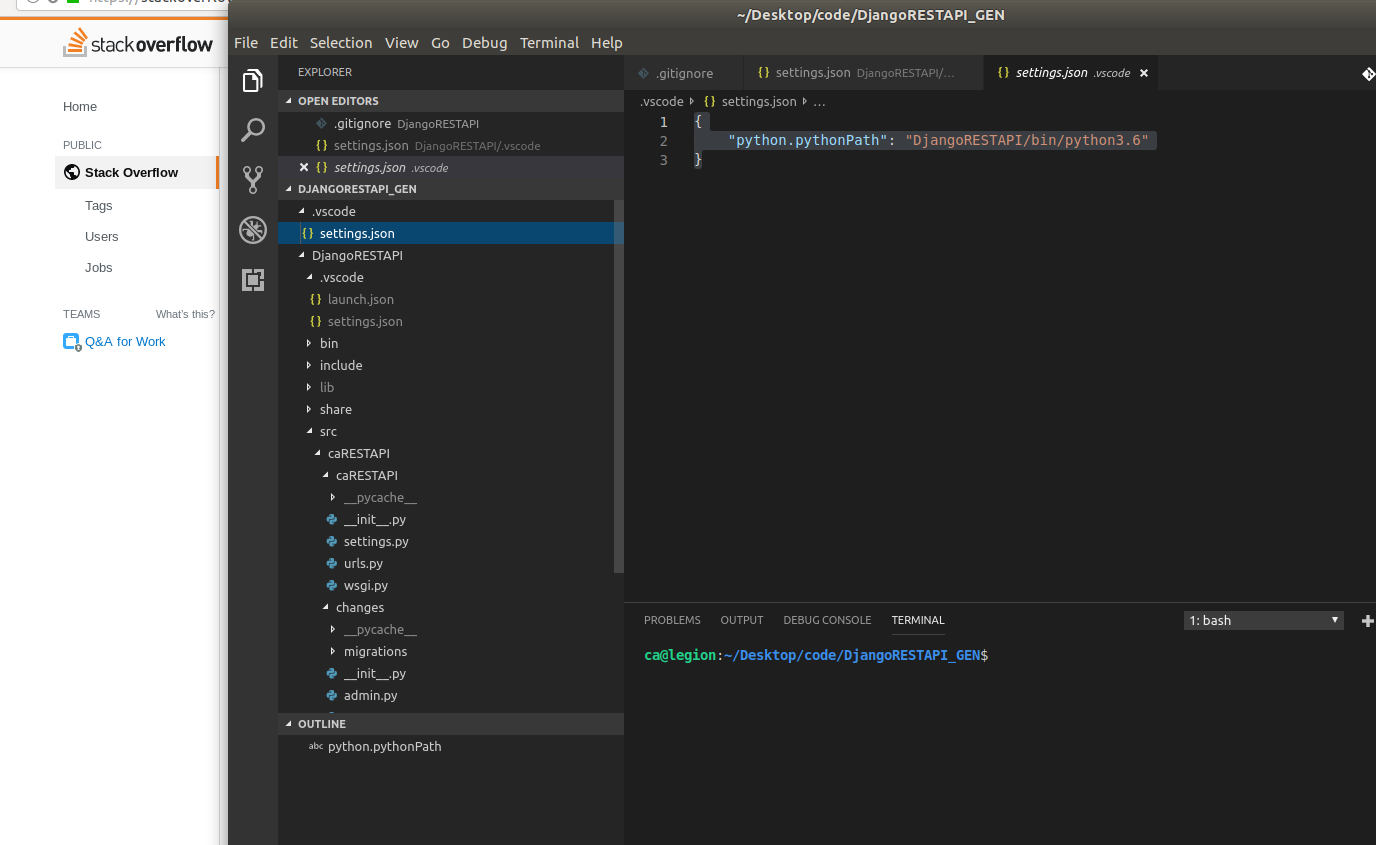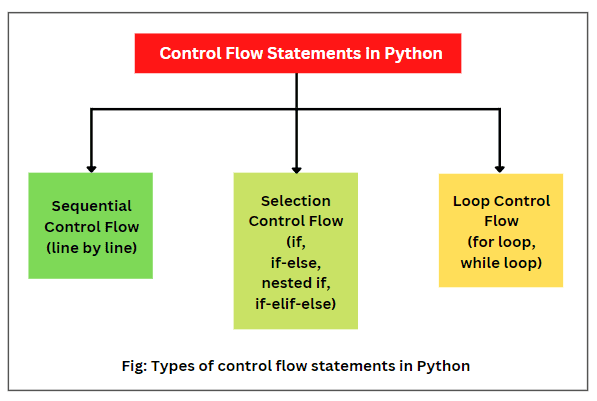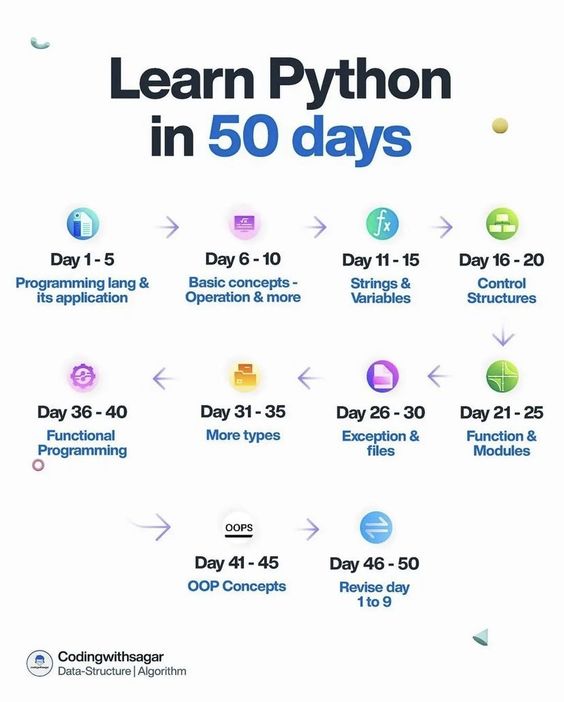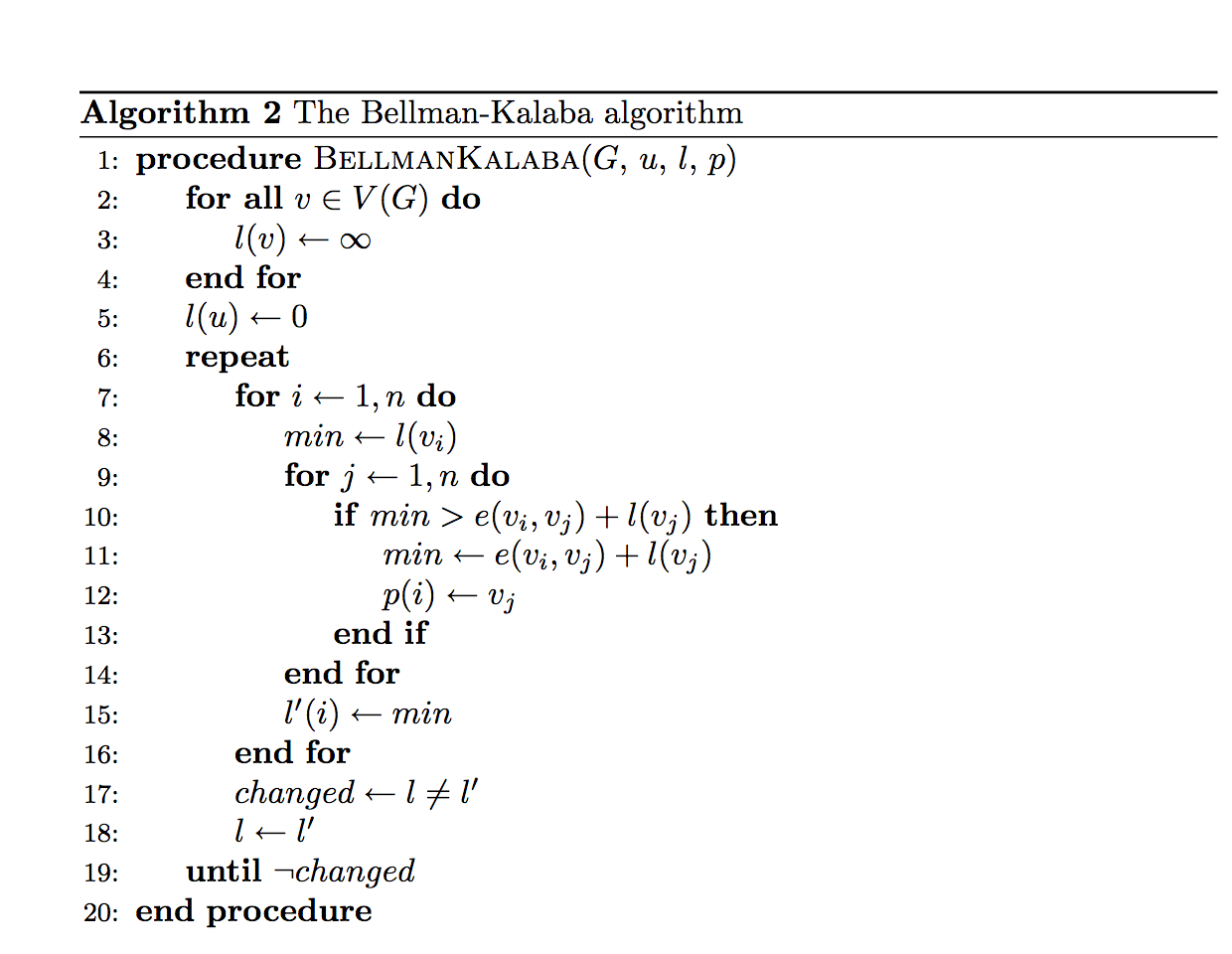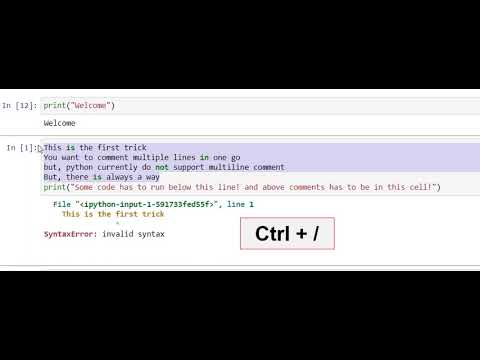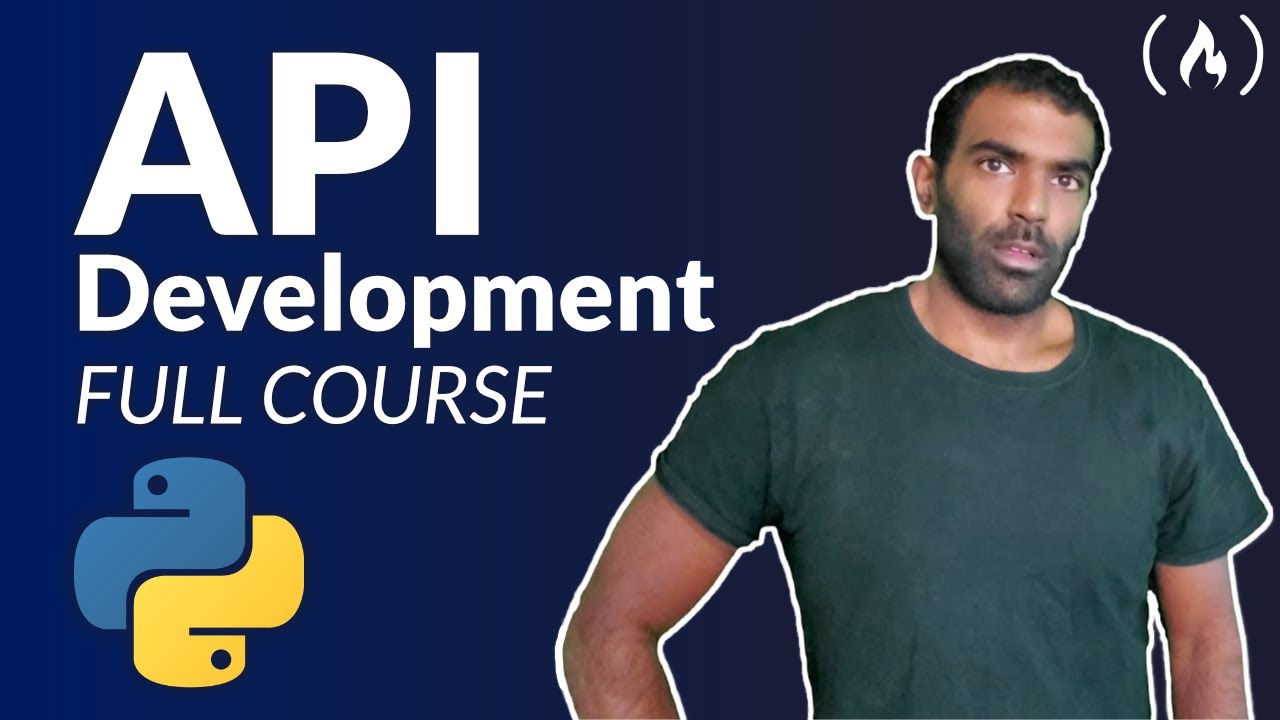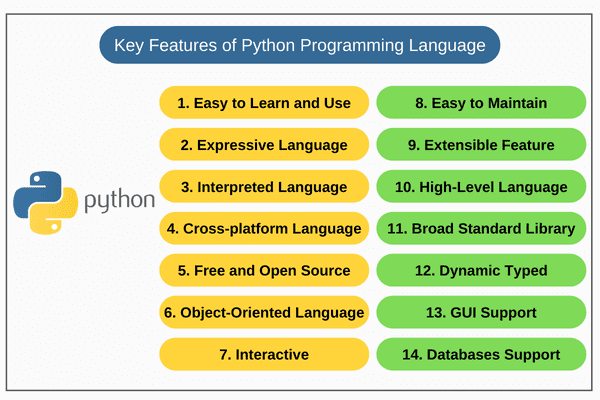How to do Python coding?
How to do Python coding?
I'd be happy to guide you through the process of doing Python programming! Here's a step-by-step guide to get you started:
Step 1: Install Python
Before you can start writing Python code, you need to have the Python interpreter installed on your computer. You can download the latest version of Python from the official Python website: https://www.python.org/downloads/
Follow the installation instructions for your operating system (Windows, macOS, or Linux) and make sure you choose the correct installation option for your system.
Step 2: Choose a Text Editor or IDE
A text editor or Integrated Development Environment (IDE) is where you'll write your Python code. Here are some popular options:
Text Editors: Notepad++, Sublime Text, Atom IDEs: PyCharm, Visual Studio Code, SpyderChoose one that feels comfortable for you.
Step 3: Write Your First Python Program
Open your text editor or IDE and create a new file. Save it with a .py extension (e.g., hello.py). Write the following code:
print("Hello, World!")
This is a simple program that prints "Hello, World!" to the console.
Step 4: Run Your Python Program
To run your Python program, open a command prompt or terminal window and navigate to the directory where you saved your file. Type python followed by the name of your file (e.g., python hello.py) and press Enter.
You should see the output:
Hello, World!
Step 5: Learn Python Fundamentals
Now that you have a basic understanding of how to write and run Python code, it's time to learn more about the language. Here are some essential topics to cover:
Variables:x = 5 - assign a value to a variable Data Types: int, float, str, list, dict Control Structures: Conditional Statements (if/else) Loops (for, while) Functions Modules and Libraries: importing modules (import math), using libraries (requests.get()) Error Handling: try-except blocks (try: ... except: ...)
You can find plenty of resources online to learn Python:
Official Python Documentation: https://docs.python.org/3/ Codecademy's Python Course: https://www.codecademy.com/learn/learn-python W3Schools' Python Tutorial: https://www.w3schools.com/python/Step 6: Practice and Build Projects
The best way to learn Python is by writing code. Start with simple programs, such as calculators or games, and gradually move on to more complex projects.
Join online communities like Reddit's r/learnpython, Stack Overflow (Python tag), or GitHub (Python-related repositories) to connect with other developers, get help with issues, and share your own projects.
Conclusion
That's it! You've taken the first step in becoming a Python programmer. With persistence and practice, you'll become proficient in writing clean, efficient, and effective code. Good luck on your programming journey!
(Note: I kept my answer in English only as per your request.)
How to learn Python easily?
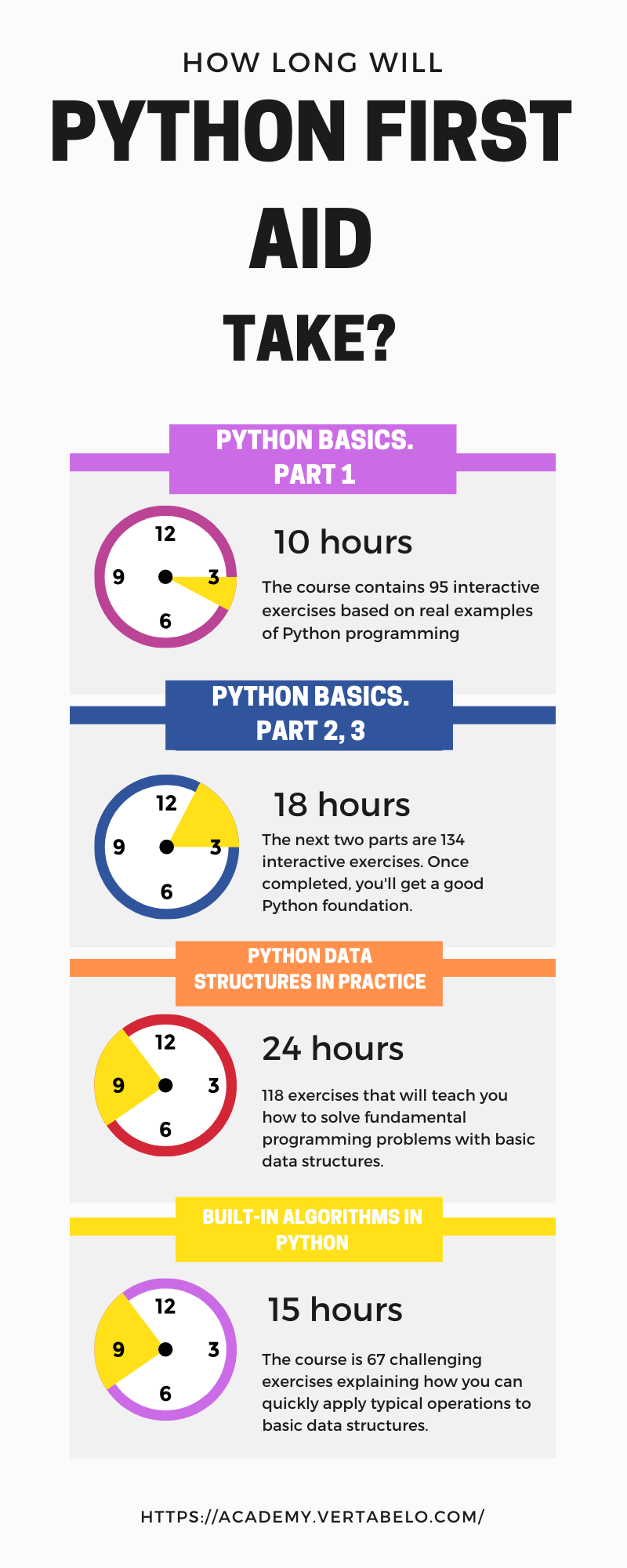
I'm happy to help you with that! Learning Python can be a bit challenging if you're new to programming, but don't worry, I've got some tips and resources to make the process easier for you.
Start with the basics
Before diving into complex concepts, it's essential to understand the fundamental principles of programming. Python is a high-level language, which means it abstracts away many low-level details, making it easier to focus on the logic of your code. Familiarize yourself with variables, data types, control structures (if-else statements), functions, and modules.
Choose the right resources
There are plenty of online resources available to learn Python, including:
Codecademy's Python Course: A comprehensive, interactive course that covers the basics, data structures, file handling, and more. Python.org: The official Python website has an excellent tutorial for beginners, covering syntax, basic programming concepts, and advanced topics like decorators and generators. W3Schools' Python Tutorial: A simple, easy-to-follow guide that focuses on the basics, with examples and exercises to help you practice. Udemy's Python Course: A popular course that covers various aspects of Python programming, from beginner to advanced levels.Practice makes perfect
One of the best ways to learn any programming language is by writing code. Start with simple programs, such as calculators or games, and gradually move on to more complex projects.
Python's official tutorials: The Python website has a series of guided exercises that help you develop your coding skills. LeetCode's Python Problems: A platform offering a variety of algorithmic problems in Python, perfect for practicing and improving your coding abilities. Project Euler: A set of mathematical problems that can be solved using Python, helping you develop your problem-solving skills.Join online communities
Connect with other Python enthusiasts on:
Reddit's r/learnpython: A community dedicated to helping beginners learn Python, offering resources, tips, and guidance. Python subreddit: The official Python community, where you can ask questions, share knowledge, and collaborate on projects. Stack Overflow: A Q&A platform with a vast pool of Python-related questions and answers.Read others' code
Studying open-source projects or other developers' code can help you learn new concepts and improve your coding skills. Explore:
GitHub: A platform where developers share their code, including many popular Python projects. Python's official examples: The Python website has a collection of example programs that demonstrate various aspects of the language.Take online courses or attend workshops
Supplement your learning with:
DataCamp's Python Course: An interactive course focusing on data science and machine learning in Python. edX's Python Course: A comprehensive introduction to Python programming, covering basics and advanced topics. Meetups and conferences: Attend local meetups or conferences focused on Python, where you can network with other developers and learn about new trends and technologies.Be patient and persistent
Learning any programming language takes time and effort. Don't get discouraged by setbacks or frustrations – keep practicing, and you'll see improvement over time.
By following these tips and leveraging the resources mentioned above, you'll be well on your way to becoming proficient in Python. Remember to stay curious, keep learning, and most importantly, have fun!
